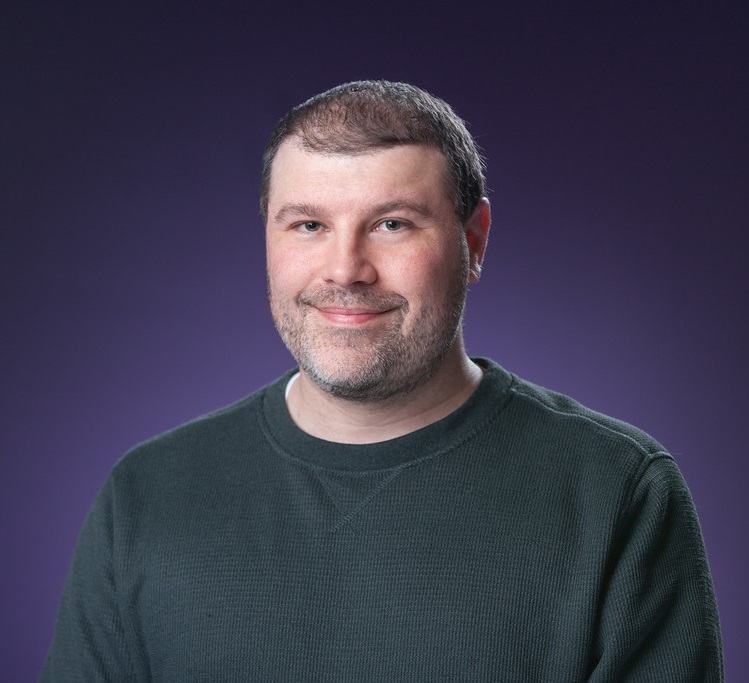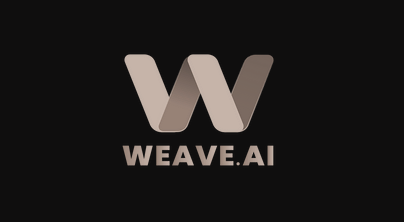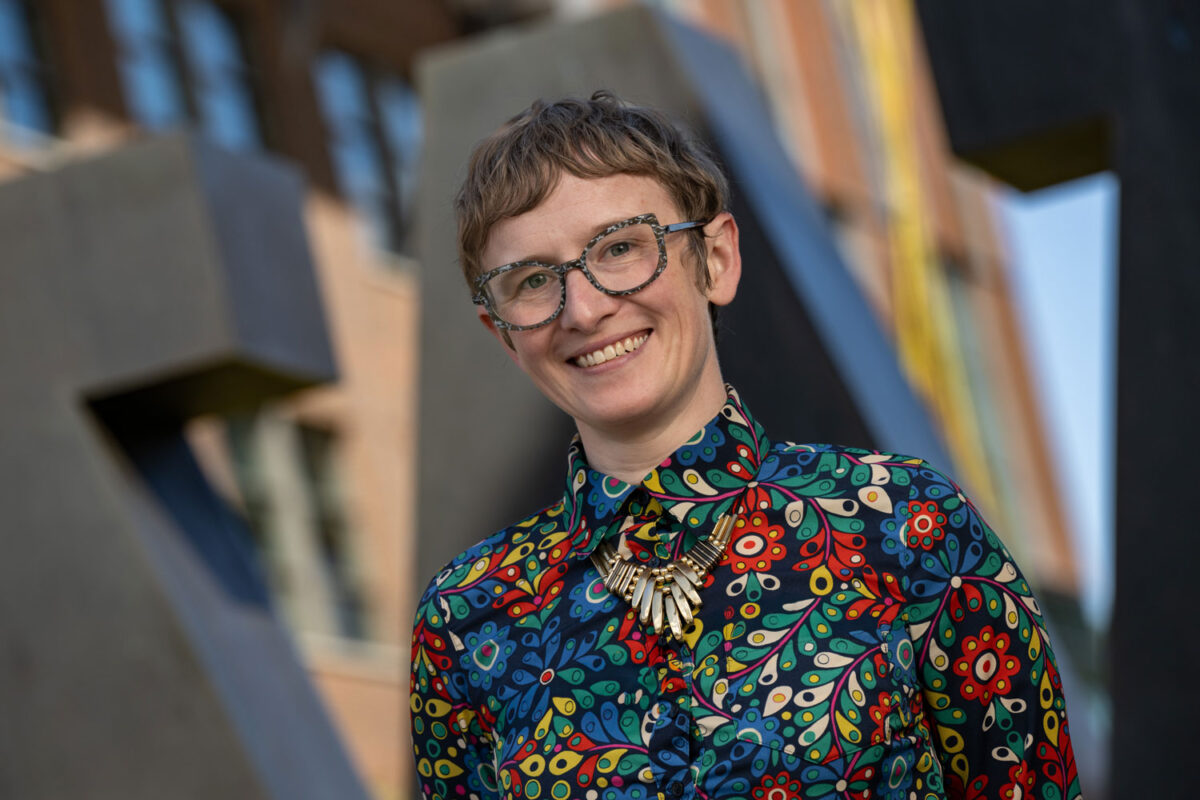For the last couple of decades, businesses have been paying closer attention to the impact their work has on issues such as sustainability and, in more recent years, social justice and equity. They are looking to prioritize the environmental, social and governance factors often used to assess their practices and performance on ethical issues, including efforts to combat climate change and increase workplace diversity.
The impact of these reports, however, is often lost due to their length and the number that are published. “A single report can be upwards of 400 pages,” said Nosa Omoigui, chief executive officer and founder of Weave.AI. “Going through an ESG report for just one company could easily take three to four weeks to complete. That makes comparing reports across industries or over time nearly impossible to do by hand.”
Headquartered in Bellevue, Washington, the company develops AI technology that can sort through multiple, hundred-page reports and extract the key points users need to monitor and assess ESG risks as they occur. “Addressing sustainability challenges can be complex,” Omoigui said, “requiring businesses to collect and analyze large amounts of data from multiple sources.”
This is where AI and analytics come in, he said, noting that his company’s sustainability-focused AI solution is designed to help companies as well as asset owners and managers to identify how they can make the biggest impact on sustainability and equity, while also delivering financial benefits to the companies.
It’s also where the business students from UW Bothell came into play.
Worldwide need
Omoigui worked with Nick Cuhaciyan, an adjunct professor in the School of Business, to enlist the help of students enrolled in one of his Community-Engaged Learning & Research classes. The University’s CELR courses are hands-on, skill-building opportunities for students to engage in real-world projects on campus or in the community.

“In winter quarter 2023, we partnered with Weave.AI to create a mutually beneficial exchange where students could apply theory to practice, develop professional experience and contribute to the public good,” said Cuhaciyan.
Over the course of the quarter, students worked with Omoigui to curate reports and disclosures on public companies to better train Weave.AI’s artificial intelligence systems. The project involved identifying and categorizing vast amounts of data from many company websites across many different industries.
“The students’ project is directly contributing to what we are building at Weave.AI, which is supporting the world’s largest asset managers and asset owners to monitor companies that might not be living up to their commitments regarding sustainability — or for all sorts of human rights and other violations,” Omoigui said.
Weaving experiences
Senior Tarek Batrouny said the experience he gained working on this project will translate well into his upcoming role as head of digital transformation at a multi-sector holding company in Dubai.
“I spent the quarter working on a team with eight other people and managing dozens of tasks,” explained Batrouny, who plans to graduate in June with a degree in Business Administration and a concentration in Technology & Innovation Management.
“Outside of curating reports, we had to manage the project which included submitting weekly reports to Professor Cuhaciyan, filling out various logs that detailed the problems we ran into and solutions we came up with, as well as noting how often our team met and what we discussed. I learned a lot about managing people, tasks and time — all skills that I will apply to my new role in HR.”
Alumna Tatyana Sorokina, who graduated in March with a degree in Business Administration with a Leadership & Strategic Innovation option, had similar takeaways.
“This project highlighted the importance of time management and communication skills,” she said. “There were a lot of moving parts to consider throughout the project. I believe that practicing these aforementioned skills will serve me well in my future career since collaborative and team-oriented environments are extremely common within the field of business.”
Mutually beneficial
Over the 10-week quarter, students curated reports from more than 190 companies and organized them by type and by company in a shared drive. The students also had to rename each file by hand as each needed to be titled a certain way so that the software could process what it was analyzing.
“I am extremely grateful for the students’ contributions which have enabled us to provide a broader swath of real-time data and insights to customers,” Omoigui said. “Weave.AI is now better equipped to meet the growing demand for sustainability-focused products and services, and to drive positive social and environmental impacts across our customers’ operations and supply chains.”
For his part, Cuhaciyan is pleased that the project could help students prepare for life after graduation.
“This meaningful project will help to jump-start their careers,” Cuhaciyan said. “Providing students with real-world opportunities to practice all of the skills they have learned results in an invaluable experience in their professional and personal development.”




